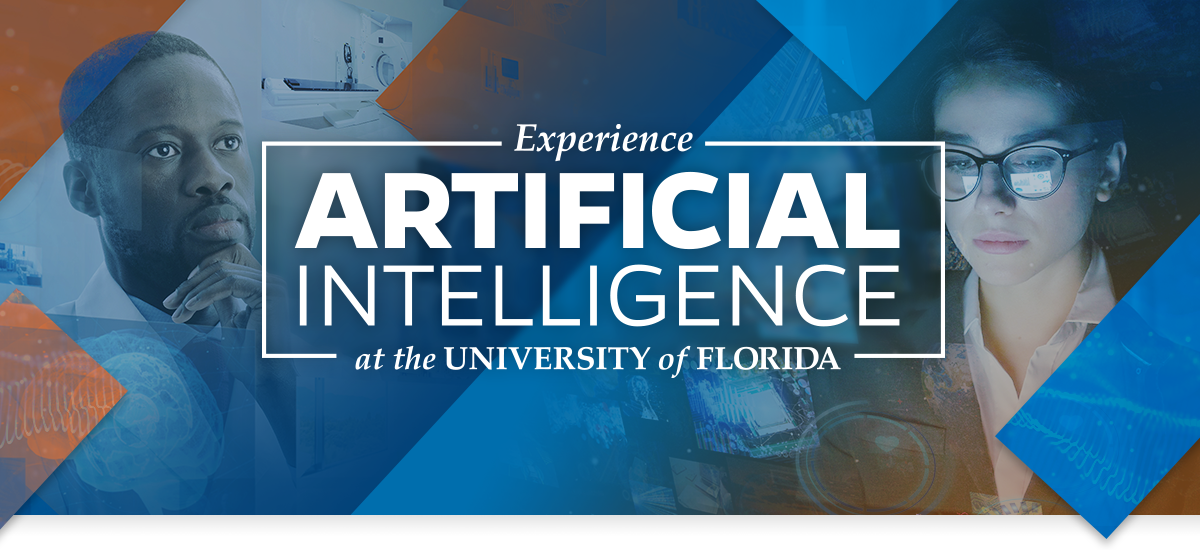AI Research Catalyst Fund Awardees Virtual Seminar Series – Dr. Peng Liu

- This event has passed.
AI Research Catalyst Fund Awardees Virtual Seminar Series – Dr. Peng Liu
October 20, 2022 @ 12:00 pm - 1:00 pm

AI Research Catalyst Fund Awardees Virtual Seminar Series
“Brain-Inspired AI for Human Emotion Understanding and Modeling“
by Dr. Peng Liu, Postdoctoral Research Associate, Functional Imaging and Naturalistic Neuroscience Lab, Dartmouth College
Thursday, October 20, 2022 Virtual via Zoom
ABSTRACT:
From the profound grief of losing a loved one to the thrilling joy of welcoming a new life into the world, human emotion permeates everyday life and influences our psychological well-being, as well as our ability to adapt and survive in an ever-changing environment. Scientifically, human emotions are dynamic, multidimensional responses to challenges and opportunities, which emerge from network interactions in the brain. Disruptions of these network interactions underlie emotional dysregulation in many mental disorders including anxiety and depression. Recognizing the limitations of empirical approaches to the study of human emotion, in this project, we seek to create an AI-based model system that is informed and validated by known biological findings and that can be used to complement empirical studies to better understand how the human brain processes emotional information. In the long term, the model will be further enriched and expanded so that it becomes a platform for testing a wider range of normal brain functions, as well as a platform for testing how various pathologies affect these functions in mental disorders.

Bio:
Peng Liu is a postdoctoral research associate in the Functional Imaging and Naturalistic Neuroscience Lab at Dartmouth College. He completed his Ph.D. in biomedical data science and modeling at the University of Florida in 2021. Before that, he received an M.S degree in computer science from Florida International University, worked in the industry for a few years, and did his B.S study at Tianjin University in China. Peng’s work broadly focuses on understanding the neural mechanisms underlying the brain functions in healthy people and those with mental illness by developing computational tools with machine learning and intelligent algorithms. During his postdoc, he is excited to investigate individual differences in social perception.
Thursday, October 20, 12:00PM
Via Zoom

